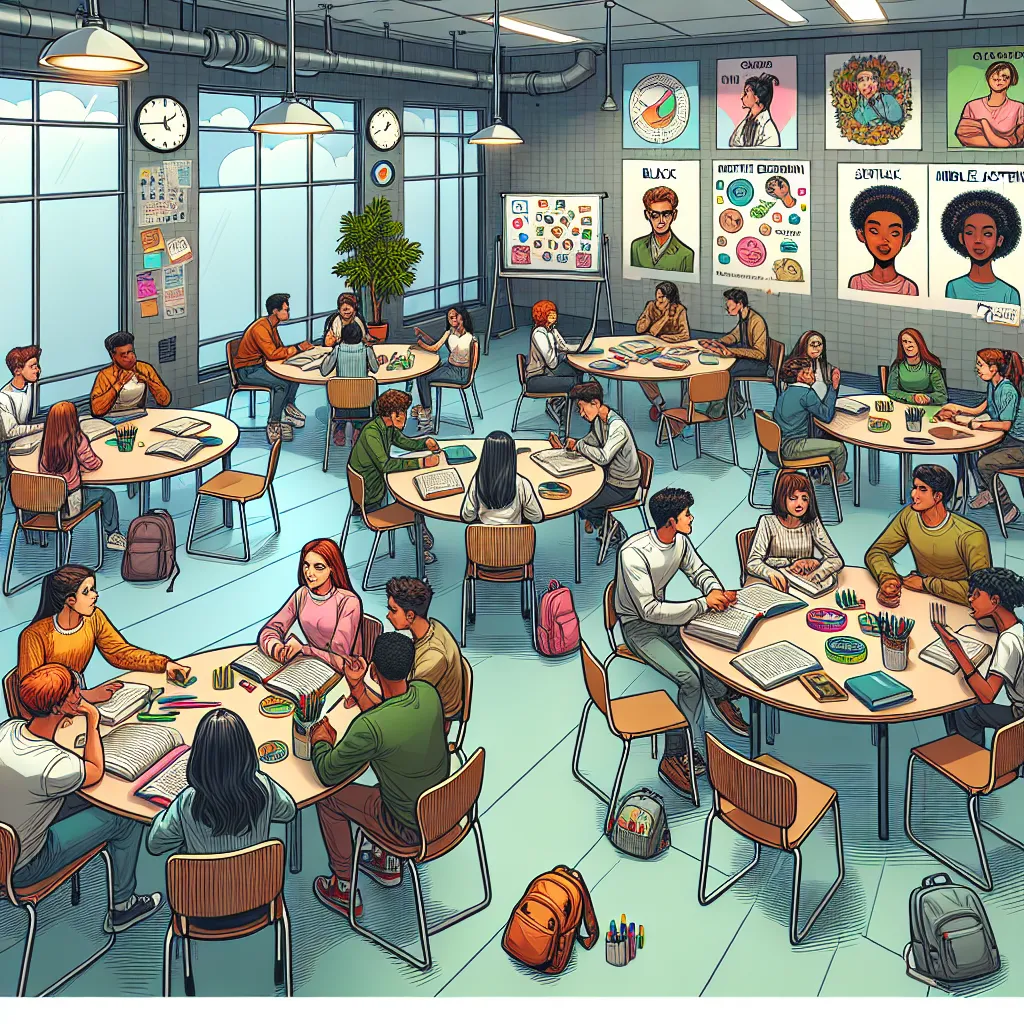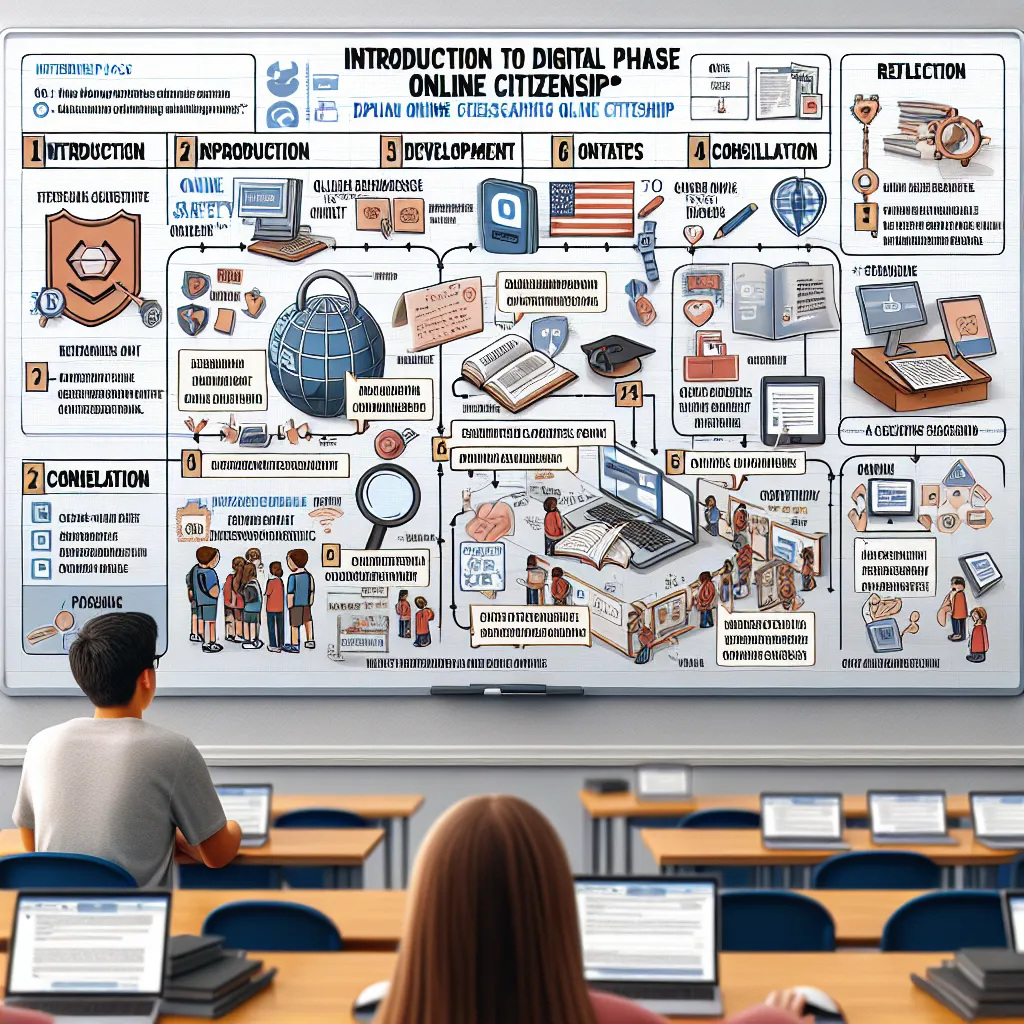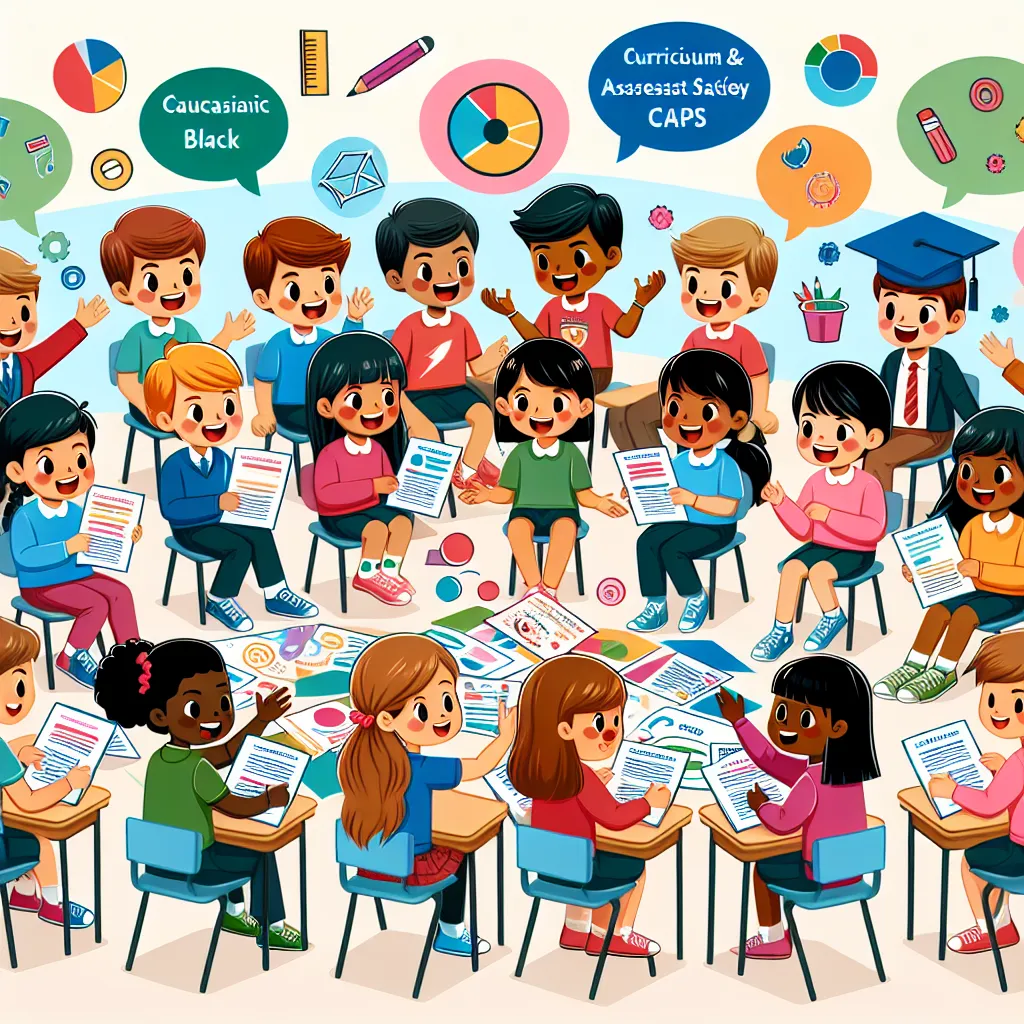Ask AI on The Internet
Question: a) How might your own culture-bound assumptions influence your interactions with learners? ……………………………………………………………………………………………………………………………………………………………………………………………………………………………………………………………………………………………………………………………………… b) How might the backgrounds and experiences of your learners influence their motivation, engagement, and learning in your classroom? ……………………………………………………………………………………………………………………………………………………………………………………………………………………………………………………………………………………………………………………………………… c) How can you modify course materials, activities, assignments, and/or exams to be more accessible to all? …………………………………………………………………………………………………………… …………………………………………………………………………………………………………… d) What experiences have you gained during your 5-week teaching observation? • Good experiences: ………………………………………………………………………………………………………………………………………………………………………………………………………………………… • Bad experiences: ………………………………………………………………………………………………………………………………………………………………………………………………………………………… plan a lesson plan for grade 12 School: __________________________________________________________________ Subject: _________________________________________________________________ Theme: __________________________________________________________________ Grade: ___________________________________________________________________ Duration/Time: ____________________________________________________________ Topic (specific): In CAPS, the subject matter that teachers have to teach is clearly indicated, and all they have to do is choose a section (a theme or topic) to be presented in a lesson or series of lessons. To plan your own lesson, use the CAPS document you downloaded for the activity on progression. You have to plan your lessons for 2024 according to CAPS. Use this document and plan your lesson according to the CAPS document. _______________________________________________________ Mention resources to be used (LTSM) (Read chapter 4 of “HELP I’m a student teacher!” for information about learning media") Learning outcomes/objectives/aims (Read chapter 4 of “HELP I’m a student teacher!”) Teaching methods, learning activities and assessment (Read chapter 3 of “HELP I’m a student teacher!”) Lesson opening/introduction: What you do here will depend largely on the type of lesson presented, the subject matter to be covered, the learning activities planned for learners, and so on. Try to focus the learners' attention on the theme by recalling existing knowledge, surprising them or doing something unusual (or letting them do something unusual). Try to make them want to know more or want to master a skill. This will launch the learners on a voyage of discovery, to which they will look forward with anticipation. Introduction of new content: The main part of the lesson/new knowledge/skills and values/learning opportunities This should contain an indication of the type of lesson (or a combination of various types) that is planned, and the activities of both teacher and learners should be clearly set out. The following are a few of the types of lessons you could consider: Question-and-answer lesson: This type of lesson features questions, that the learners are required to answer. Avoid this where possible, unless you combine it with the screening of a video, slides/transparencies, photos or similar aids on which the learners are questioned (or can ask questions) about what they have seen or observed. You could also make this type of lesson interesting by holding a quiz (preferably in teams to avoid hurting slow learners' pride). It is also a good way of doing revision. Practical lesson: This type of lesson requires the learners to undertake some or other kind of practical activity. Teacher activities:(Describe what you have to do before, during and after the lesson – this will help you to plan for every phase of the lesson.) Learner activities: (Keep in mind that you have to plan the time for activities. Learners learn best when they are actively involved in their own learning.) Closing: (What will you do to round off the lesson? Will the learners do activities or homework? How will you know that learning has taken place?) Assessment activities: Briefly describe what learners will do to show that they have mastered or made progress regarding the lesson outcomes/objectives. Assessment tasks must include the following: • Say who will carry out the assessment and if it will be an individual or group assessment. • Describe the assessment task, e.g. test on …., worksheet about …, research task on …., experiment • What instrument will be used to assess with? For example, memoranda, rubrics, checklists and so on. Indicators as to whether there has been successful learning could take the form of demonstrations by learners, a final product such as the drawing of a map, a written report, learning behaviour and conduct, learner participation (in things like group activities). Expanded opportunities: (What kind of enrichment is provided for gifted learners? What kind of remediation is provided for learners requiring additional support?)
Sure, I'll help you with the planning basics and structure for your responses and lesson plan. Let's start point by point: ### a) Culture-Bound Assumptions **Influence:** When it comes to culture-bound assumptions, always keep in mind that: - You may inadvertently prioritize or favor certain perspectives or norms, which could alienate students from different backgrounds. - There's a risk of misunderstanding or misinterpreting students' behaviors, communication styles, or values, leading to potential friction or disconnection. - Being aware of one's unconscious biases and making a deliberate effort to be inclusive and open-minded is crucial. ### b) Backgrounds and Experiences of Learners **Influence:** - Diverse backgrounds bring varied experiences that can enhance learning by providing multiple perspectives. - Some students may feel more motivated and engaged if the material relates to their personal experiences or helps them overcome challenges related to their backgrounds. - Conversely, unfamiliar or irrelevant content may disengage students or create barriers to understanding. - Recognizing and validating students' experiences fosters a supportive learning environment and boosts motivation. ### c) Modifying Course Materials **Strategies:** - **Universal Design for Learning (UDL):** Incorporate multiple means of representation, expression, and engagement. - **Accessible Formats:** Provide materials in various formats (e.g., audio, visual, text). - **Diverse Examples:** Use examples and case studies from a variety of cultures and backgrounds. - **Flexible Assessments:** Offer different types of assessments that cater to various learning styles and needs. - **Technology:** Utilize assistive technologies to support learners with disabilities. ### d) Teaching Observation Experiences **Good Experiences:** - Positive interactions with engaged students. - Successful use of interactive and participatory teaching methods. - Effective classroom management strategies. - Building strong rapport with students and seeing progression in their learning. **Bad Experiences:** - Challenges with disengaged or disruptive students. - Difficulty in managing a diverse classroom with varying levels of ability. - Technical issues with teaching aids or resources. - Occasional lack of support or unavailability of necessary materials. ### Lesson Plan for Grade 12 **School:** [Your School’s Name Here] **Subject:** [Your Subject Here] **Theme:** [Your Theme Here] **Grade:** 12 **Duration/Time:** [Total class time, e.g., 60 minutes] **Topic:** [Specific Topic Here according to CAPS] **Resources to be used (LTSM):** - Textbooks - Digital Projector - Whiteboard and Markers - Handouts - Internet for Videos/Research **Learning Outcomes/Objectives/Aims:** *Example: By the end of the lesson, students should be able to:* - Define key concepts related to [Topic]. - Understand and explain the importance of [Concept]. - Apply knowledge through [specific activity or assessment]. **Teaching Methods, Learning Activities, and Assessment:** **Lesson Opening/Introduction:** - Start with a provocative question or relevant anecdote related to the topic. - Show a short video clip to intrigue students. - Briefly recall or summarize prior knowledge related to the topic. **Introduction of New Content:** - Provide a brief lecture on new content using multimedia aids. - Engage students through a question-and-answer session. - Use diagrams, charts, or models to visualize complex content. **Teacher Activities:** - **Before:** Prep materials, set up multimedia equipment. - **During:** Present information, facilitate discussions, monitor group work. - **After:** Collect and review assignments, give feedback. **Learner Activities:** - Note-taking during the lecture. - Participation in group discussions or activities. - Completing hands-on practical tasks or problems. **Closing:** - Summarize key points. - Answer any lingering questions. - Assign homework or follow-up activities. - Announce the next topic or activity related to the lesson. **Assessment Activities:** - **Individual Assessment:** Quiz or worksheet. - **Group Assessment:** Project or presentation. - **Assessment Tools:** Rubric for presentations, memoranda for quizzes, checklists for group tasks. **Expanded Opportunities:** - **For Gifted Learners:** Advanced research projects, leadership roles in group activities. - **For Additional Support Needs:** One-on-one sessions, simplified materials, peer mentoring programs. This structure should guide you in preparing a comprehensive lesson plan and offer a framework to answer the reflective questions on teaching practices effectively.
Think your answer is better than the AI's? Post it below.
Other Most Relevant Posts:
Question Tags
If you want your question answered by an AI, click here.
![### Lesson Plan for Grade 12
**School:** [Insert School Name]
**Subject:** [Insert Subject Name]
**Theme:** [Insert Theme Name]
**Grade:** 12
**Duration/Time:** [Insert Duration]
**Topic (specific):** [Insert Specific Topic - in CAPS]
---
#### Resources (LTSM):
- Textbooks
- Online articles
- Multimedia presentations (videos/slides)
- Whiteboard and markers
- Experiment kits (if applicable)
---
#### Learning Outcomes/Objectives/Aims:
- Understand and apply the key concepts of [s](https://theinternetioimages-f2htc2ggcrath6d7.z01.azurefd.net/$web/askai/683dbd2c-e896-4ef0-ab25-229d980c076f.webp)






Post your own comment: